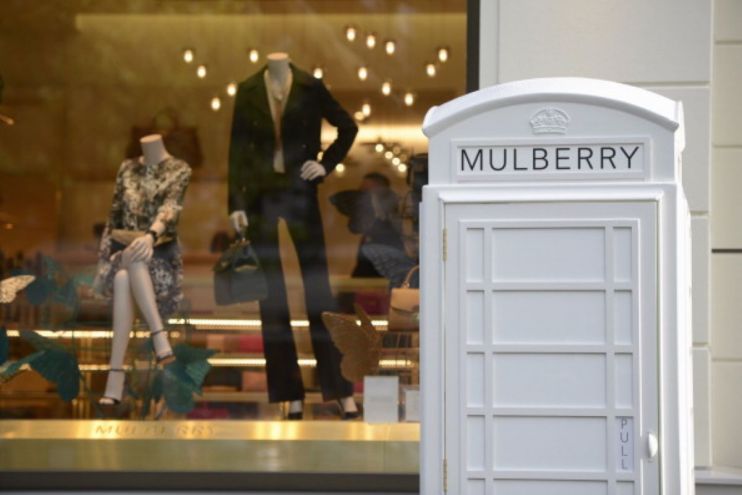Mulberry continues to suffer on weak luxury demand

A decline in luxury consumer spending and “challenging” macro-economic conditions have pushed Mulberry’s full-year revenue down by 4 per cent.
Demand for luxury goods has fallen amid the cost-living crisis and a slowdown in demand from China.
Mulberry’s share price has fallen by around 30 per cent in the last year, wiping millions from its market value.
“While we achieved positive revenue growth in the first half, Mulberry has not been immune to the broader downturn in luxury spending experienced in recent months, particularly in the UK and Asia. This decline was partially offset by positive trading in the US, where we have benefitted from increased brand awareness,” Chief executive officer Thierry Andretta said.
The company noted that some losses can be attributed to the additional operational costs of new stores in Sweden and Australia, as well as technology investments.
Retail sales were affected by a decline in demand in the UK and the Asia Pacific region (excluding Australia), the company said, where economic issues continued to create a difficult environment for the luxury handbag seller.
Luxury sellers like Burberry have seen similar problems with demand for luxury goods. Burberry’s share price fell earlier this year after the company issued a profit warning.
Consumers have continued to spend on makeup and beauty goods but have reduced their spend on some luxury items like handbags.
Mulberry said retail sales were stable year on year in Europe and the US.
“Looking ahead, the trading environment in the UK and China remains challenging and we do not expect this to change in the short term. We are therefore managing the business prudently, focusing on executing our strategy and vision to become a global sustainable luxury brand,” Andretta said.
Lucury sellers like LVMH, Mulberry and Burberry have continued to rail against the UK’s tourist tax, and have argued that it has damaged sales of their goods.
